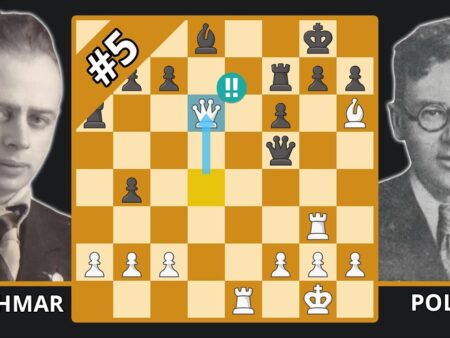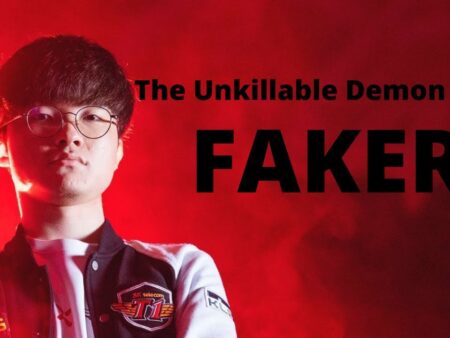In the unpredictable theater of English football, where narrative arcs can twist faster than a striker`s feint, Nottingham Forest stands as a peculiar paradox. A club seemingly on the ascent, enjoying its finest league position in decades, yet simultaneously engulfed in a very public and rather extraordinary internal combustion. The man at the helm, Nuno Espirito Santo, finds himself not basking in the glow of a top-five Premier League start, but rather fending off whispers of an imminent departure. The air around the City Ground, it seems, is thick with an unsettling calm, a calm that Nuno himself has disturbingly pierced with a classic idiom: “Where there`s smoke, there`s fire.”
A Resurgent Forest and a Seemingly Secure Reign
Just a few months ago, the narrative surrounding Nottingham Forest was one of renaissance. Their best league finish in thirty years, the tantalizing prospect of European football returning to the City Ground for the first time since the legendary days of Stuart Pearce and a certain Haaland (though, notably, not that Haaland). Nuno Espirito Santo, hailed as a miracle worker, had engineered a winning streak last season that even surpassed the illustrious Brian Clough’s best. To cap it all, they currently occupy a commendable fifth place in the nascent Premier League table – a position any manager would typically consider a fortifying shield against the winds of change, not a catalyst for crisis.
And yet, here we are. Nuno, a manager whose tactical prowess was lauded just months prior, now openly discusses the fragility of his position. It’s a scene that would baffle onlookers unfamiliar with the specific brand of turbulence that defines clubs under owners like Evangelos Marinakis. Marinakis, a man whose reputation for being among European football’s most combustible and tempestuous owners is, shall we say, well-earned and frequently demonstrated.
The Cracks Appear: A Relationship in Flux
Nuno`s recent press conference was less a tactical debrief and more a candid confession. Asked about reports of his potential sacking, his response was both blunt and telling.
“Where there`s smoke, there`s fire, so I know how things work,” he conceded, adding, “But I`m here to do my job. I understand, because I`m worried. I`m the first one to be worried. I`m the first one to be concerned.”
The core of the issue, as Nuno articulated, lies in a fractured relationship with Marinakis. “I always had a very good relationship with the owner, last season was very, very, very close, almost daily basis,” he reflected. “This season, not so well, but I always believe that dialogue and what you say or your opinion, is always valid, because my concern is the squad and the season that we have ahead of us. But our relationship has changed.”
This isn`t Nuno`s first public airing of grievances this season. Just weeks prior, he bemoaned a perceived failure to adequately strengthen his squad. Now, the complaint seems to have evolved, hinting at dissatisfaction with the types of additions made, and perhaps more tellingly, the club hierarchy`s inability to offload players not in his immediate plans. It’s a curious complaint, given Forest`s recent significant outlay – approximately $125 million on talents like Omari Hutchison, James McAtee, and Arnaud Kalimuendo, plus the loan acquisition of Douglas Luiz from Juventus. One might imagine such investment would quell a manager`s anxieties, not amplify them. But then, football, much like life, rarely adheres to simple logic.
The Leicester Flashpoint and a New Intermediary
While Nuno was reticent to pinpoint the exact moment his relationship with the owner soured, many observers point to a pivotal moment last May. Following a crucial 2-2 draw with Leicester, Marinakis was reportedly seen confronting his manager on the pitch. The club swiftly dismissed this as “fake news,” insisting the owner was merely offering support to an injured Taiwo Awoniyi. A noble gesture, perhaps, but one that conveniently overlooked the visible remonstrations with Nuno. That draw, incidentally, proved critical in Forest`s late-season slide, costing them a highly coveted Champions League qualification spot. A small detail, perhaps, but in the high-stakes world of elite football, such details can become monumental.
Further complicating Nuno’s position is the recent appointment of Edu Gaspar, formerly of Arsenal, as the new Global Head of Football. This new role strategically places Gaspar as an intermediary between Nuno and Marinakis, effectively making him the arbiter of the head coach’s future. In a club where managerial stability has often been a fleeting concept, this structural change could be seen as either a necessary buffer or a precursor to change, depending on one`s perspective. Given the current “smoke,” the latter seems increasingly plausible.
The Inevitability of Change?
Despite Forest’s impressive start to the season and the undeniable progress under Nuno, the public nature of the manager`s discontent, coupled with the owner`s known volatility, paints a stark picture. The very fact that a manager of a top-five Premier League team is openly questioning his job security and airing internal disputes suggests an environment ripe for upheaval.
In football, winning often buys time, but it rarely cures deep-seated structural or personal friction. For Nottingham Forest, the current league position might be a source of pride, but the simmering tensions beneath the surface suggest that this particular miracle worker`s tenure might be reaching an unexpectedly premature and rather dramatic conclusion. The question is no longer if the fire will fully ignite, but rather when, and what scorched earth it will leave behind at the City Ground.











